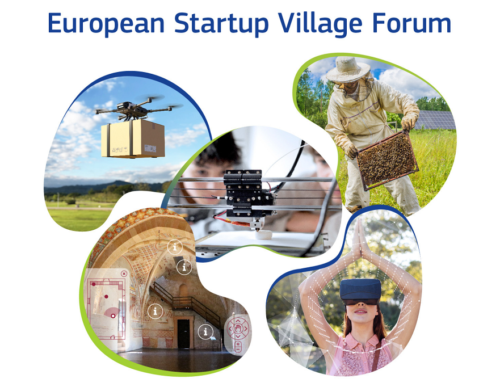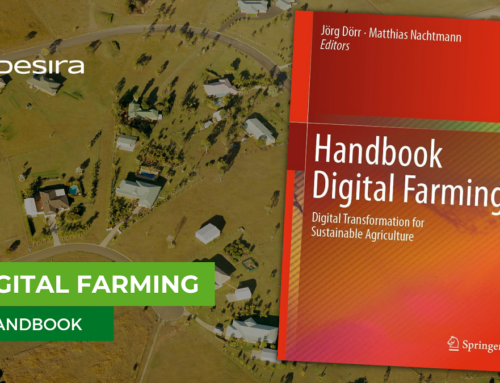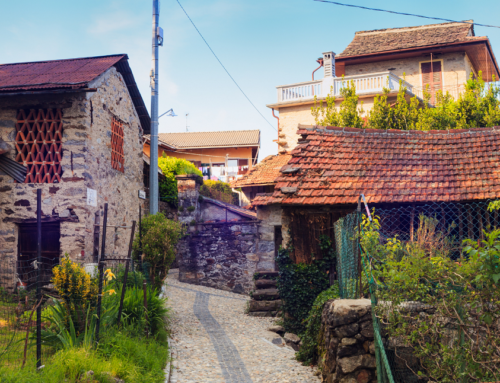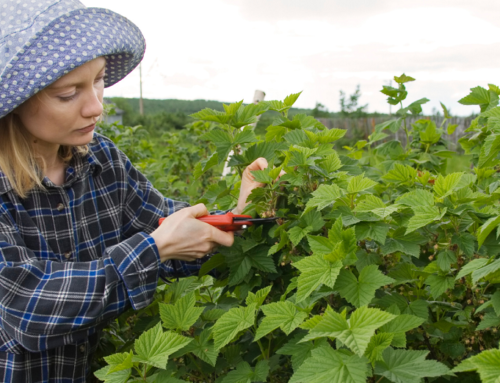Author: Raphael Garcia (AEIDL)
The DESIRA project held the third and last Rural Digitalisation Forum back in November. The meeting brought together more than 60 experts from different backgrounds (research, public authorities, SMEs, stakeholders’ organisations, and members of National Rural Networks) to build together a policy roadmap for sustainable and inclusive rural digitalisation which is summarised in this report .
Building on DESIRA’s work on policy, such as the national policy analyses and policy briefs, participants contributed to prioritising and validating a set of policy recommendations proposed by DESIRA, as well as identifying success factors, barriers and the role of different actors during implementation. The outcomes of this discussion are incorporated into the DESIRA Policy Roadmap, which was presented during the DESIRA Final Conference by Professor Mar Delgado from the University of Cordoba.
The work revolved around four blocks: Rural digitalisation strategies, Broadband strategies, Digital literacy, and Digital trust.
Concerning infrastructure, there is still an outstanding need to ensure accessible high-quality connectivity and digital infrastructures in rural areas. There is in that regard the need to have specific rural digitalisation policies with sufficient funding and designed in a way that progress, impacts, and efficiency can be measured and evaluated.
Rural and agriculture data governance and data management need to be improved, overcoming the fragmentation of technologies and national standards by way of ensuring full interoperability within the European Data Space. This will in turn help support data-driven decision-making.
In this sense, it is important to note the recent setting up of the Rural Digital Index by the European Commission, which was launched in response to a request for a rural-focused Digital Economy and Society Index (DESI), including remote areas. The Index allows for Commission reporting on rural DESI in a disaggregated and holistic way, providing a general score of MS digitalisation in rural areas based on three blocks: use of the internet, human capital, and broadband coverage.
Concerning digital competencies, digital education needs to be adapted to different uses and needs, be easy-to-use and affordable digital services to farmers and advisors and adopt a holistic digital ecosystem approach to the wide range of stakeholders that live and engage with rural areas, so that solutions are not imposed top-down but with the end user at the centre. This will also be crucial to ensure digital trust.
Having said that, DESIRA found important gaps in transposing EU policies to rural areas. Policy adoption is quite uneven, and it depends too much on the capacity to integrate and implement policies; administrative complexity; whether countries are pioneers or followers (for followers was easier, as they had much more experience to rely on); timing – how to align these policies with national context and priorities.
Last but not least, DESIRA is preparing an Ethical Code which will be available at the end of the project that will raise awareness about ethics-related issues in rural digitalisation, including a shared vision, values and principles for digitisation in agriculture, forestry, and rural areas.






